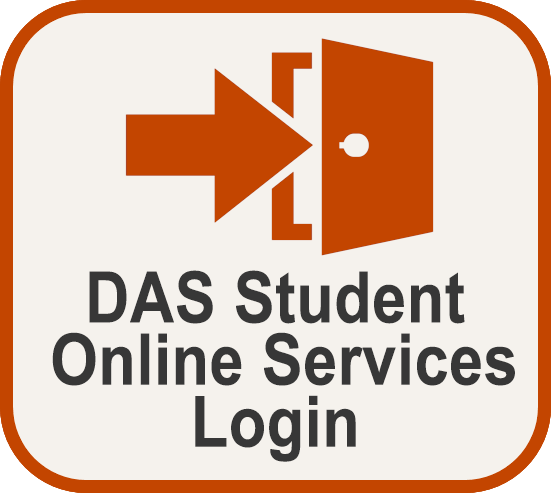Oregon State University anticipates offering primarily in-person instruction for the 2021-2022 academic year. Many of the university’s academic programs have important in-person components. Requests for remote learning may be approved as a reasonable accommodation if, for example, a student’s disability makes it unable for the student to participate in-person. Students who are granted an accommodation of remote learning, for an in-person class, are approved for each term as approval is contingent upon determining feasibility for the student’s courses in collaboration with their faculty. In general, this accommodation is not intended to be used for multiple terms in a row, nor to convert an in-person program into an all-virtual experience.
If you are interested in requesting remote learning for all of winter term, please make note of the following:
-
Apply to DAS.
-
Remote learning, if approved, is only available on a per-term basis. Students with prior term approvals will not be automatically eligible for future terms as approval is contingent upon determining feasibility based on the student’s specific courses each term, in collaboration with faculty, as well as on-going disability related impacts to attend classes via remote learning.
-
Priority deadline for remote participation requests is February 21, 2021. After February 21st we will continue to accept requests, however requests may not be fully reviewed prior to the start of the term and flexibility with course delivery, if any, may be limited.
-
Requests will require a letter of support from your healthcare provider. We encourage you to share our Remote Learning Documentation Guidance for Healthcare Providers with your provider.
-
It is possible that some courses a student plans to take within a term will be approved for remote learning participation and others will not. This may mean that a student is not able to be entirely remote for the term or may seek to change the classes they plan to take.
The healthcare provider’s letter of support must include the following:
-
A description of the treatment relationship between the student and the provider.
-
A confirmation of your relevant medical or mental health diagnoses.
-
A statement of support for remote learning, including an estimated end date when you can return to in-person classes (if earlier than the end of the term for which you are requesting remote learning).
-
A description of how your disability substantially limits your ability to attend in-person classes.
-
For students with CDC (Centers for Disease Control and Prevention)-recognized COVID high-risk conditions (click here) (e.g. diabetes): The description should include a holistic assessment of your health risks for being in-person for classes and on campus, considering: your unique medical profile, the latest information on vaccine efficacy, and the university’s safety practices.
-
For students without CDC-recognized COVID high-risk conditions (e.g. mental health conditions): The description should include an explanation of how your disability will disproportionately affect you compared to your peers such that remote learning is the only viable option for you. This impact must go beyond the typical stress or nervousness that most people are expected to feel in readjusting to an in-person experience.
Remote Learning Documentation Guidance for Healthcare Providers
Frequently Asked Questions (FAQs) - Remote Learning
Updated 1/2022 (Adapted information from the Ohio State University)







